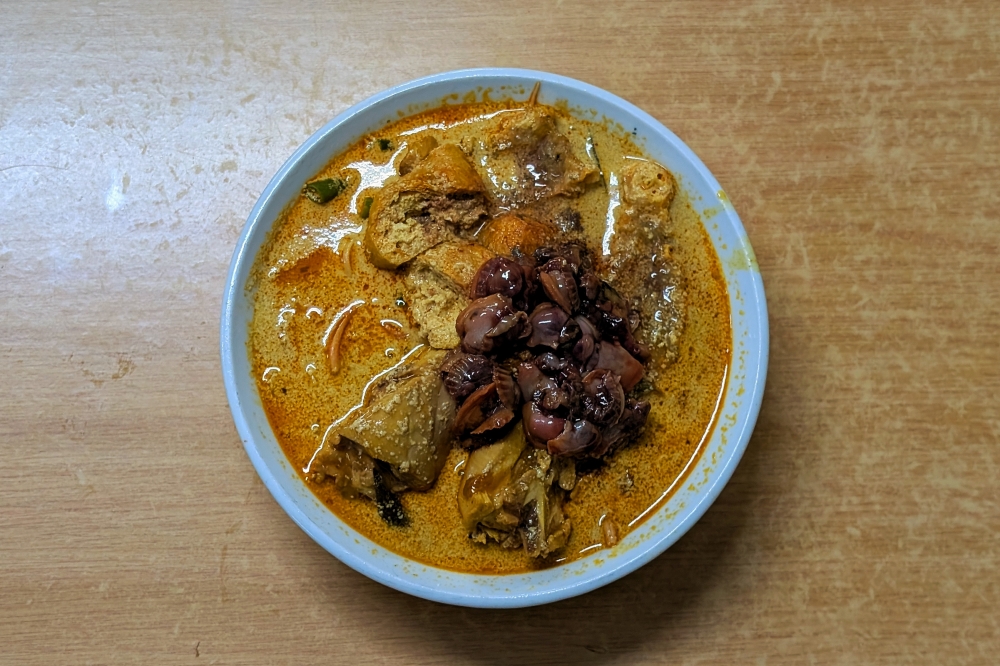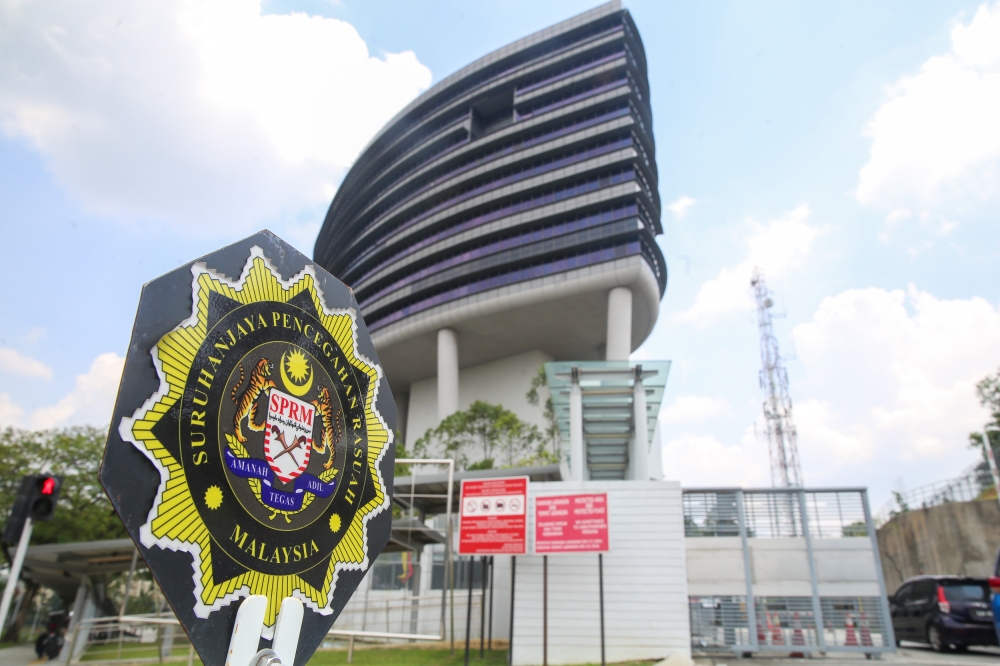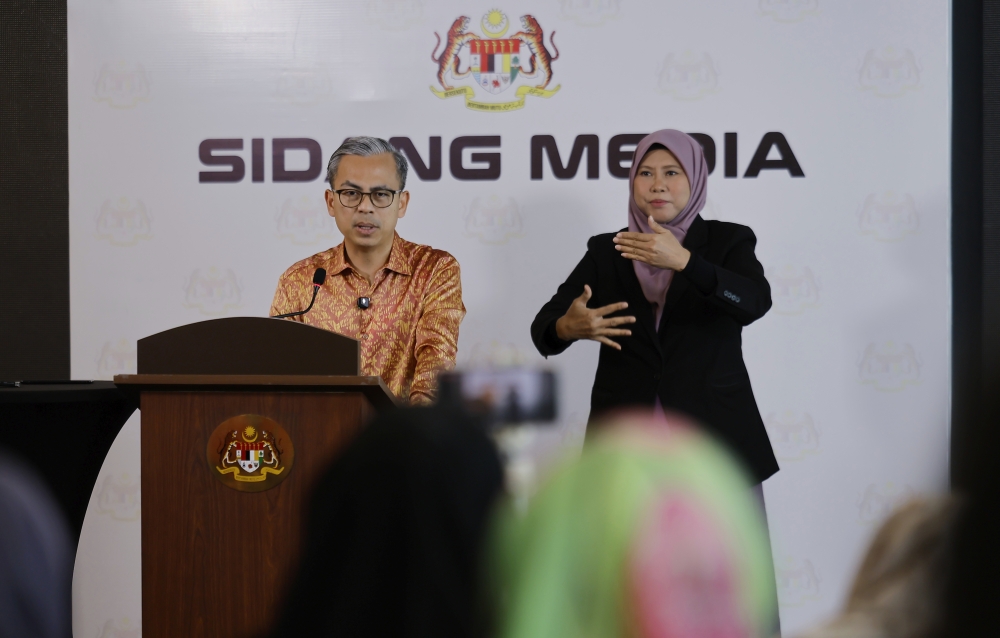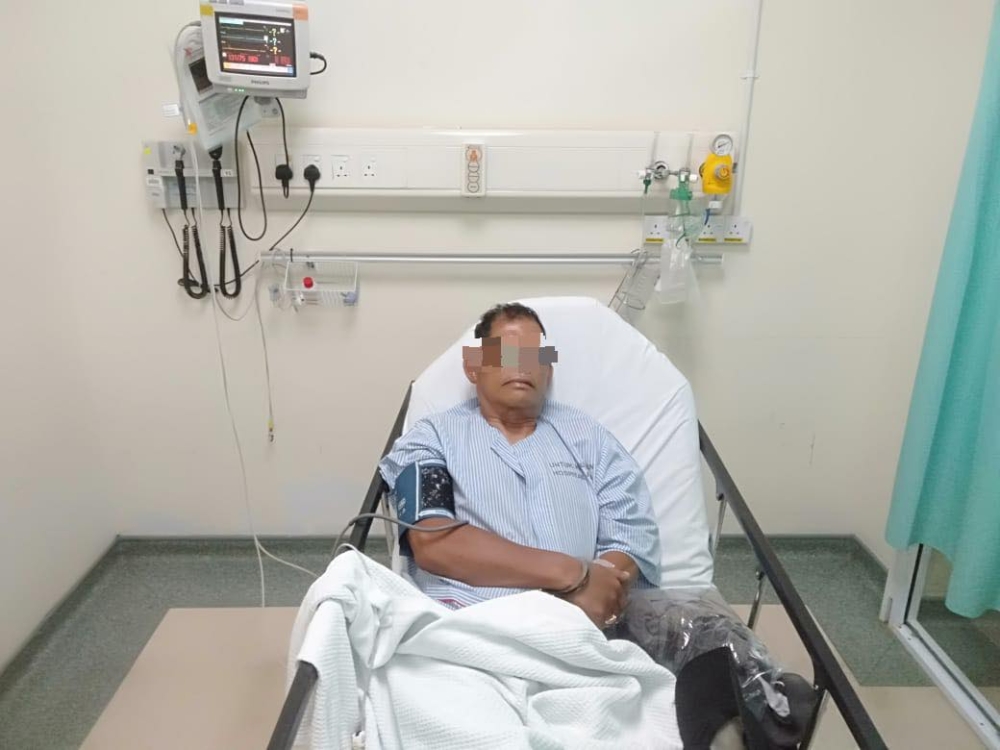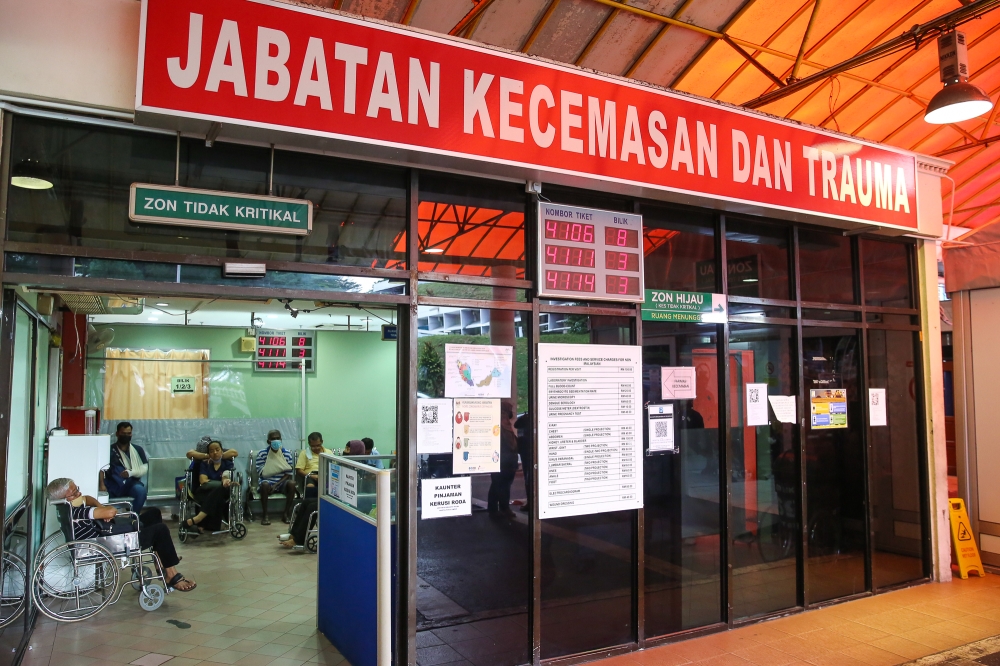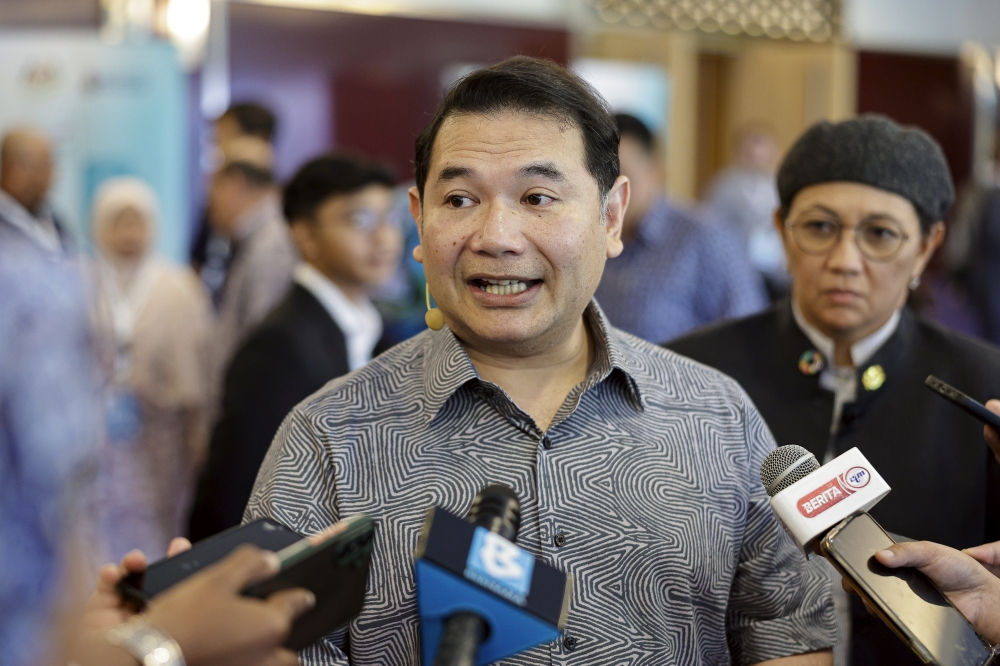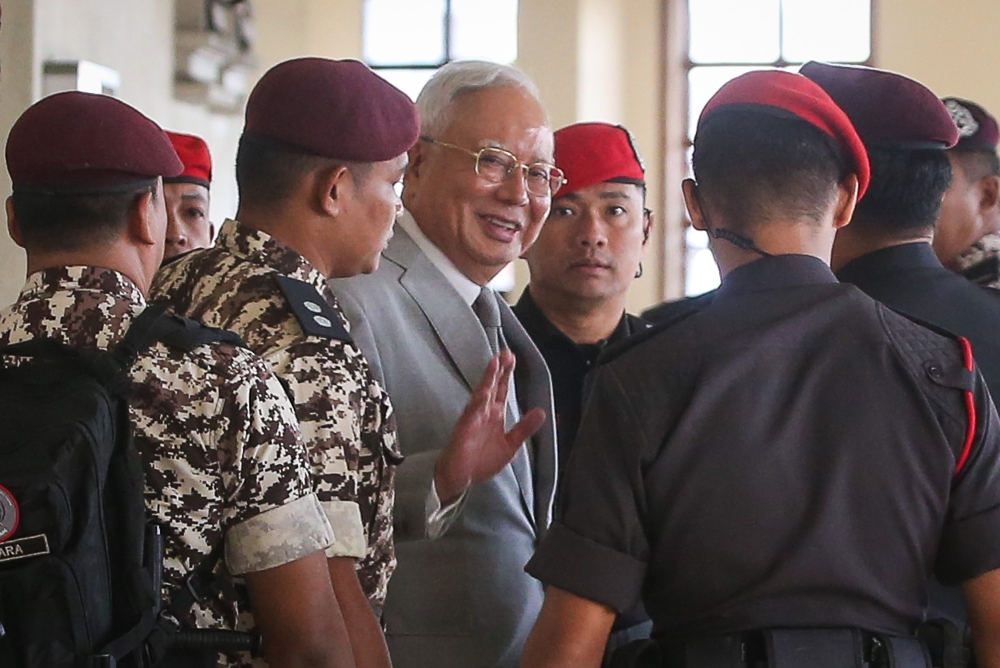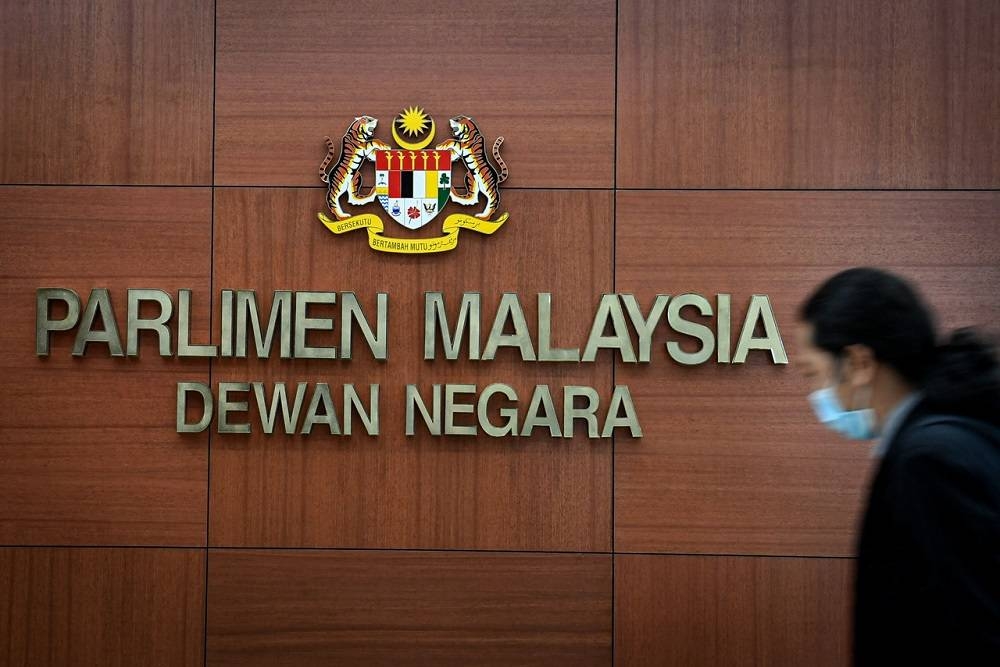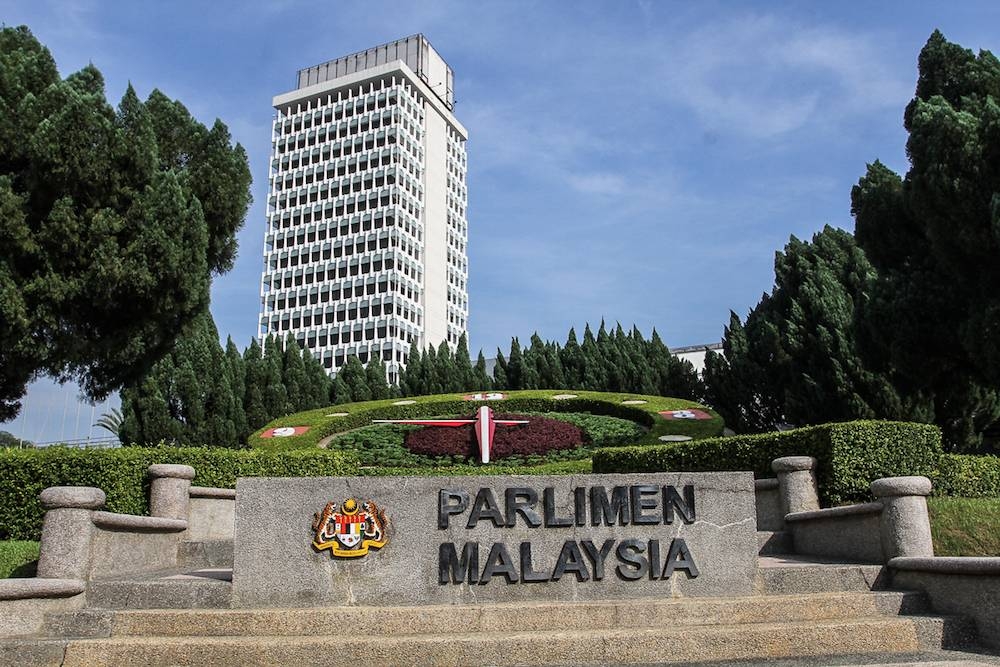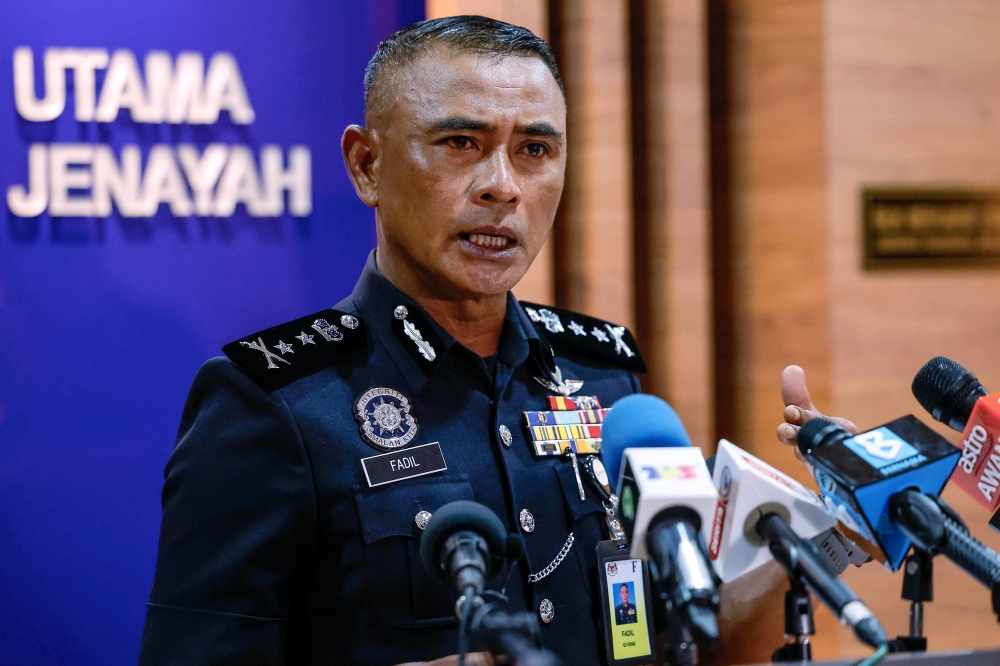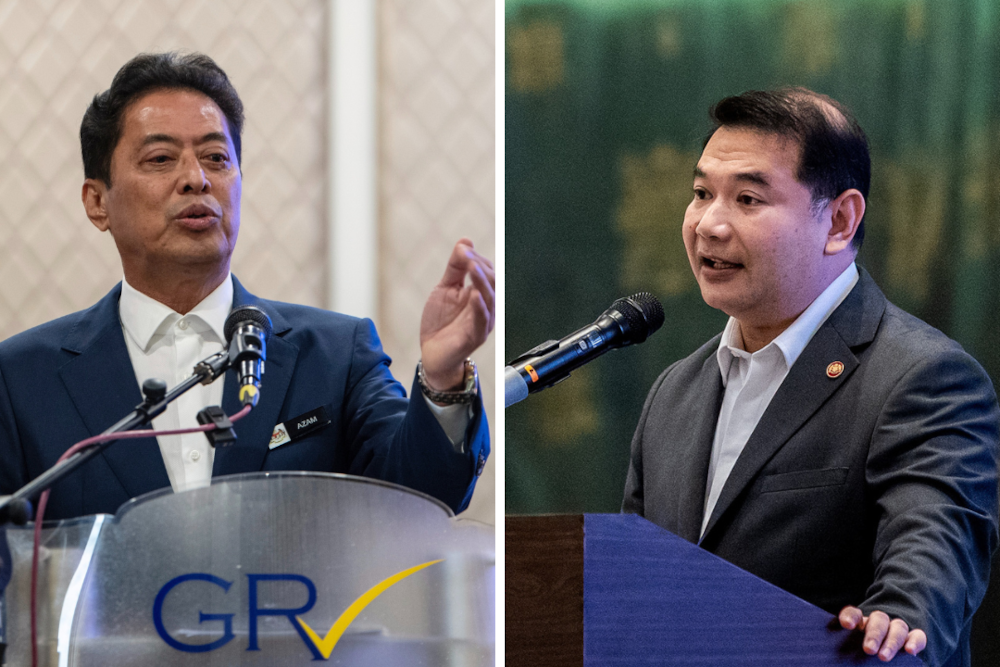KUALA LUMPUR, July 18 — Opposition Leader Datuk Seri Anwar Ibrahim began the mid-year parliamentary session today by panning Prime Minister Datuk Seri Ismail Sabri Yaakob’s government for relying too much on subsidies to tackle soaring living costs.
The Port Dickson MP suggested that the Umno-led administration’s response to inflationary pressure had been inadequate as he called for deeper structural reform.
Anwar cited the ringgit’s depreciation, among others, pointing to the need to rein in the cost of food imports.
The ringgit is currently among the region’s worst performers, having dropped by nearly 5 per cent against the greenback in the last two years. Malaysia is a net food importer and has become increasingly reliant on other countries to source essential food items, including rice.
“What you just explained was a conventional approach. There seems to be no willingness to bring structural changes. For example, the prime minister said import costs have risen. That is because the ringgit’s value has depreciated so much, but there have been no efforts to make the currency improve so that the cost of import would go down,” Anwar said during Question Time.
Putrajaya has spent billions in ringgit in subsidies to offset the drastic rise in prices for essential goods, which Ismail said has helped keep inflation tame, as he boasted that Malaysia has one of lowest inflation rates in the region, at just 2.8 per cent.
Subsidies for food and fuel this year alone had been raised to RM77 billion from RM31 billion in 2020, Ismail told the Dewan Rakyat
"We have remained committed to help Keluarga Malaysia by raising subsidies to RM77 billion just this year, which we could possibly increase again," he said.
"Because of subsidies our inflation rate is the lowest in South East Asia, or in fact in the world," the Bera MP added.
In 2020, Malaysia imported RM55.5 billion food products as compared to RM33.8 billion of exports, according to data from the Department of Statistics Malaysia. Malaysia's increasing food import bill has cast the spotlight on Putrajaya's food security policy, and prompted experts to warn about its long-term sustainability.
Malay Mail had previously reported agro-food specialists urging the government to shift back food production capacity domestically.



